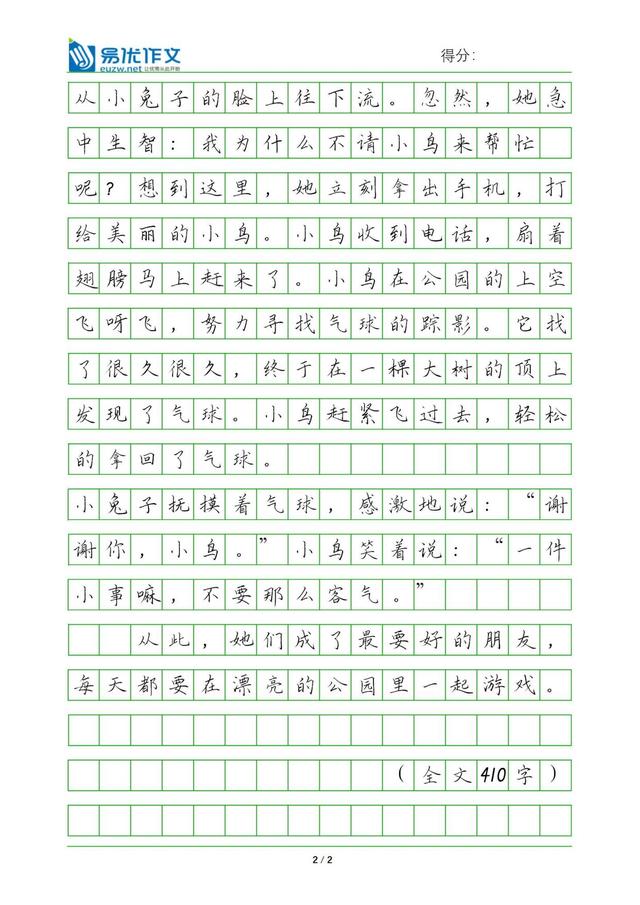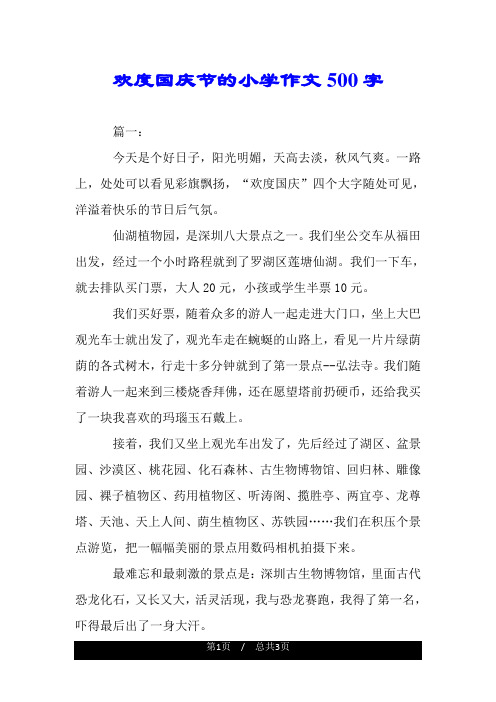高中与大学的区别英语作文(Differences between high school and university.)
Title: The Distinct Paths of High School and College: Navigating the Uncharted Seas
In an ocean where high schools are like small boats navigating through choppy waters, college life is akin to a larger ship, equipped with all the necessary sails for exploring new territories. This essay explores the differences between high school and college, highlighting the distinct challenges and opportunities each offers, as well as the lessons they impart in shaping futures.
1.Educational Philosophy High schools are often characterized by a more structured curriculum, with teachers and administrators guiding students through the educational path with clear expectations. Students are often expected to master specific subjects within a relatively short span of time. This approach fosters discipline, organization, and a focus on academic achievement. In contrast, colleges offer more freedom and flexibility in terms of curriculum and study methods. Students have greater autonomy in choosing their courses and can engage in research projects, independent reading, and other experiential learning activities that complement traditional coursework. The emphasis here shifts from rote learning to critical thinking, problem-solving, and creative exploration.
2.Social Interaction High schools are typically smaller communities, with limited social interactions outside of class. Students spend most of their time interacting with fellow classmates, teachers, and parents. This environment promotes a sense of camaraderie and shared goals, but it may also create a culture of conformity and limited personal growth. Colleges, on the other hand, provide a broader network of peers, professors, and professionals who can serve as mentors and role models. Students are encouraged to broaden their social circles, participate in diverse extracurricular activities, and develop a wider range of skills and interests. This exposure can lead to increased self-awareness, confidence, and a sense of belonging.
3.Personal Development In high school, personal development often takes the form of developing a set of core values and beliefs that define who you are as a person. This period is characterized by a strong sense of identity and purpose, as students prepare to enter the workforce or pursue higher education. However, high school also presents challenges such as pressure to conform to societal norms and fear of making mistakes. In college, personal development becomes more about discovering oneself, questioning assumptions, and embracing individuality. Students navigate a world of independence, where failure is not just tolerated but celebrated as a stepping stone to success. The college experience fosters resilience, adaptability, and a willingness to take risks.
4.Academic Challenges and Support High schools typically have a more homogeneous group of students, which can limit the amount of academic support available to some students. However, many schools have dedicated tutoring programs, after-school study groups, and other resources designed to help students excel in math and science courses. Colleges, on the other hand, offer a wide range of academic support services including tutoring centers, writing centers, career center workshops, and online learning platforms. The availability and quality of these resources vary widely across institutions, but they are crucial in helping students overcome academic barriers and achieve their potential.
5.Career Planning High schools focus more on academic excellence and preparing students for college entrance exams, while colleges place a greater emphasis on providing students with practical career guidance. Students at this stage have a broader array of career paths to consider and explore beyond traditional academic pathways. They can attend job shadowing events, internships, and other hands-on experiences that give them a real sense of what their chosen profession entails. Colleges also often offer specialized programs or minors focused on industries or fields that interest students. These experiences not only provide valuable insights into various careers but also help students build a portfolio of work experience that enhances their resumes upon graduation.
6.Financial Management College tuition fees can be a significant financial burden, necessitating careful budgeting and financial planning. Many colleges offer scholarships, grants, and student loans to assist underrepresented students or those facing financial difficulties. Additionally, students must learn how to manage their finances independently, whether that means setting up a savings account, budgeting expenses, or investing wisely. This skill sets become essential as they venture out on their own after graduation and enter the workforce. High schools generally have less guidance around financial management, but many schools now include basic financial literacy classes in their curriculum. In conclusion, the journey from high school to college marks a significant transition in both academic and personal development. The differences between these two stages are profound, encompassing educational philosophy, social interaction, personal development, academic challenges and support, career planning, and financial management. While high school provides foundational knowledge and a sense of direction, college offers the space for growth, exploration, and the pursuit of one's passions. It is during these formative years that students lay the groundwork for their future successes, both academically and personally. As we navigate these unique paths, remember that every step is an opportunity to shape our destinies, to discover our strengths, and to embrace the uncharted seas ahead. 更多精彩》椅子的英语单词怎样写(英文单词:chair) 学英语少儿英语(少儿英语学习指南)
高中思辨类作文(思辨作文) 作文素材初中记叙文(记叙文素材初中)
中考作文网网站(中考作文资源网站) 我的梦想职业英语作文(我的梦想职业英语作文) 有剧情的韩国电影(剧情丰富的韩国电影) 电视剧绝情剧情介绍(绝情剧集简介) 新入职工作计划("入职初期工作规划") 团委工作总结报告(团委工作汇报)
1.Educational Philosophy High schools are often characterized by a more structured curriculum, with teachers and administrators guiding students through the educational path with clear expectations. Students are often expected to master specific subjects within a relatively short span of time. This approach fosters discipline, organization, and a focus on academic achievement. In contrast, colleges offer more freedom and flexibility in terms of curriculum and study methods. Students have greater autonomy in choosing their courses and can engage in research projects, independent reading, and other experiential learning activities that complement traditional coursework. The emphasis here shifts from rote learning to critical thinking, problem-solving, and creative exploration.
2.Social Interaction High schools are typically smaller communities, with limited social interactions outside of class. Students spend most of their time interacting with fellow classmates, teachers, and parents. This environment promotes a sense of camaraderie and shared goals, but it may also create a culture of conformity and limited personal growth. Colleges, on the other hand, provide a broader network of peers, professors, and professionals who can serve as mentors and role models. Students are encouraged to broaden their social circles, participate in diverse extracurricular activities, and develop a wider range of skills and interests. This exposure can lead to increased self-awareness, confidence, and a sense of belonging.
3.Personal Development In high school, personal development often takes the form of developing a set of core values and beliefs that define who you are as a person. This period is characterized by a strong sense of identity and purpose, as students prepare to enter the workforce or pursue higher education. However, high school also presents challenges such as pressure to conform to societal norms and fear of making mistakes. In college, personal development becomes more about discovering oneself, questioning assumptions, and embracing individuality. Students navigate a world of independence, where failure is not just tolerated but celebrated as a stepping stone to success. The college experience fosters resilience, adaptability, and a willingness to take risks.
4.Academic Challenges and Support High schools typically have a more homogeneous group of students, which can limit the amount of academic support available to some students. However, many schools have dedicated tutoring programs, after-school study groups, and other resources designed to help students excel in math and science courses. Colleges, on the other hand, offer a wide range of academic support services including tutoring centers, writing centers, career center workshops, and online learning platforms. The availability and quality of these resources vary widely across institutions, but they are crucial in helping students overcome academic barriers and achieve their potential.
5.Career Planning High schools focus more on academic excellence and preparing students for college entrance exams, while colleges place a greater emphasis on providing students with practical career guidance. Students at this stage have a broader array of career paths to consider and explore beyond traditional academic pathways. They can attend job shadowing events, internships, and other hands-on experiences that give them a real sense of what their chosen profession entails. Colleges also often offer specialized programs or minors focused on industries or fields that interest students. These experiences not only provide valuable insights into various careers but also help students build a portfolio of work experience that enhances their resumes upon graduation.
6.Financial Management College tuition fees can be a significant financial burden, necessitating careful budgeting and financial planning. Many colleges offer scholarships, grants, and student loans to assist underrepresented students or those facing financial difficulties. Additionally, students must learn how to manage their finances independently, whether that means setting up a savings account, budgeting expenses, or investing wisely. This skill sets become essential as they venture out on their own after graduation and enter the workforce. High schools generally have less guidance around financial management, but many schools now include basic financial literacy classes in their curriculum. In conclusion, the journey from high school to college marks a significant transition in both academic and personal development. The differences between these two stages are profound, encompassing educational philosophy, social interaction, personal development, academic challenges and support, career planning, and financial management. While high school provides foundational knowledge and a sense of direction, college offers the space for growth, exploration, and the pursuit of one's passions. It is during these formative years that students lay the groundwork for their future successes, both academically and personally. As we navigate these unique paths, remember that every step is an opportunity to shape our destinies, to discover our strengths, and to embrace the uncharted seas ahead. 更多精彩》




